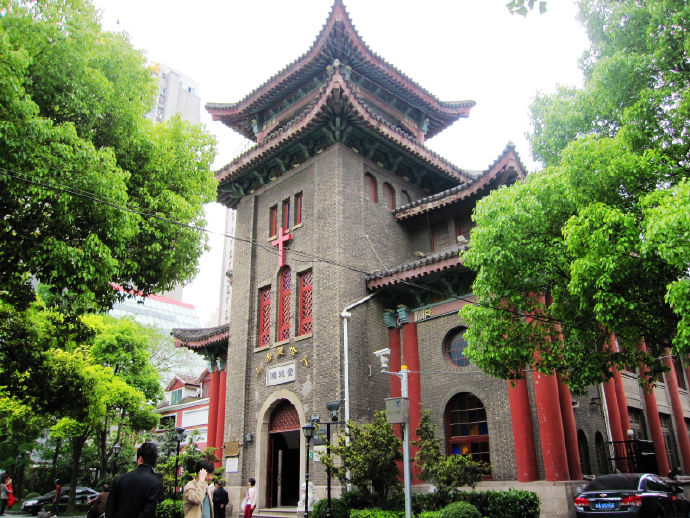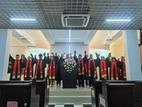Pastor H has served in a church in East China for many years. In her years of ministry experience, she formed her own thoughts the sinicization of Christianity.
The Christian Times, a Chinese Christian online newspaper, interviewed Pastor H, who shared her thoughts on the topic.
Pastor H said, first of all, that we should not treat the topic too politically. If we discuss it with too much political color, its essence may be lost easily and misunderstanding is caused. Since we are all Christians, we can look at the sinicization of Christianity from the perspective of church and faith.
Pastor H thinks that the sinicization of Christianity is just one of the different expressions in different periods. Christianity originated from Asia Minor at first, and then there was a process of the Europeanization of Christianity when it spread to Europe, and then there was a process of Anglicization when it spread to Britain from continental Europe. Later, there was a process of Americanization when it spread to the United States. When it spread to the third world, there would be a process of Africanising or Indigenization and so forth. In fact, in the past, the sinicization of Christianity was called localization or indigenization.
“Regardless of other messy things, our Christianity itself should be actively sinicized or localized. Instead of wearing a western dress, it should be more grounded and integrated with Chinese soil and culture. When Christianity is mentioned, everyone’s first reaction is ‘this is a foreign religion’. Although Protestantism has been in China for more than 100 years, it still gives many people the impression that Christianity is a Western religion. In this sense, from the perspective of theological thinking, the sinicization of Christianity is inevitable. Under such circumstances, Christianity must be ‘upgraded’ and cannot remain unchanged.”
Pastor H shared that during the period when Protestantism came to China in history, China was only a missionary point at that time. Foreign missionaries can draw on the map where the place is, which church it is, or what institution there is. However, now it has been here more than 100 years, today’s situation of Chinese Christianity has become completely different from that of more than 100 years ago. Yet, it is easy for us Chinese Christians to look at China from the perspective of missionaries because many Christian books are written by western missionaries, and when we read these books, we will naturally unconsciously stand in their position and look at China from their perspective.
But now, “Christianity in China” is shifting closer to “Chinese Christianity”, and China is no longer a number of missionary sites.
“For a long time, we have been losing our voice, we have been mute, and we have been unilateral recipients rather than givers. But from now on, Chinese Christianity can never continue like this. China’s Christianity has grown up. We are now the main body, not a point for missionaries. We have to give back, give and give.” Pastor H said.
We Chinese want to wake up, and the Chinese themselves will preach the gospel to their compatriots. After we have sorted out the gospel by ourselves - what kind of language and characters we should use and how to tell our compatriots, we can achieve the best effect. You can’t continue to use the old things. Faith and gospel will never go out of style, but those outer “coats” are already out of style. For instance, in the past, many people used to say like this “believe in Jesus to go to heaven, but otherwise to hell” when they were preaching the gospel, and they achieved good results. However, if the same is uttered today, the effect will be quite different.
“Because almost all the materials we read before were written by foreign missionaries, which is a Western-centered view of church history. It is centered on the West, but we are orientals and Chinese, so many questions arise. Therefore, we can see that many arguments of Western Christianity have also been transplanted to them. Western fundamentalism and modernist liberal arguments, all of which have been transplanted to China, and then we Chinese Christians have been arguing there, which has influenced the Chinese church a lot.”
Finally, Pastor H makes her own appeal to Chinese churches and believers: “Therefore, I think that the sinicization of Christianity is a long-term project. Churches and believers in China want to wake up. In fact, not only ordinary believers but also many fellow pastors have not woken up. They have not deeply realized the importance of the sinicization of Christianity to the development of Christianity in China, that is, to make ‘Christianity in China’ become ‘Chinese Christianity’.
- Translated by Charlie Li












